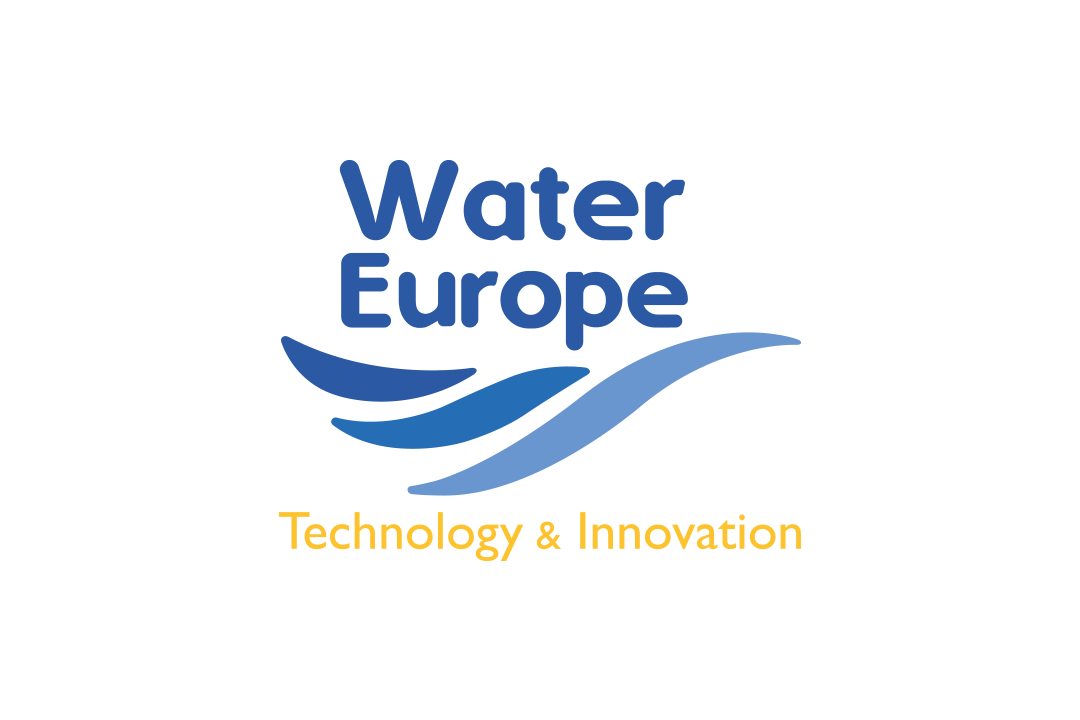As Europe grapples with more frequent floods and droughts, Water Innovation Europe 2024 will delve into the socio-economic value of water and discuss strategies for fostering a water-smart economy.
- water | water supply | water policy | circular economy
- Monday 17 June 2024, 13:00 - 17:00 (CEST)
- Brussels, Belgium
- Country
- Belgium
Practical information
- When
- Monday 17 June 2024, 13:00 - 17:00 (CEST)
- Where
- Boulevard Auguste Reyers 801030 Brussels, Belgium
- Languages
- English
- Part of
Description
Over 14,000 areas in the EU are at significant risk of flooding while 19.6% of the EU-27 territory is in warning condition for drought in the first half of February 2024. When an area is under water stress, it is compromises both individual domestic use and economic activities of all sectors. We need to master the cross-sectoral water risks and challenges - including their full economic impacts - to deploy the relevant solution to tackle those risks.
In two panels this session will stress the socio-economic value of water with a presentation of a new Water Europe report and debate with the different water stakeholders about the tools to build a water-smart economy. Indeed, breaking the current siloes will unlock new opportunities for every sector, making water a vector to achieve their climate goals, secure business while leaving no one behind. Water can be a competitive asset, contributing to our European strategic autonomy.
The European Unions is investing in promising sector for the green transition such as Hydrogen, Batteries, Chips, etc… but all this industries are water-intensive and will require water efficient, reuse processes as well as exploiting the full value in water. The International Chamber of Commerce has identified water as one key enablers for a circular economy stressing that “ Currently, improper and suboptimal use of resources and wastewater treatment facilities are contributing to water scarcity and pollution”.
Water-related solutions do exist and are demonstrated by EU-funded projects and developed technologies by companies but ensuring water security, resilience and sustainability require action to leverage financial, technical, and social tools.

